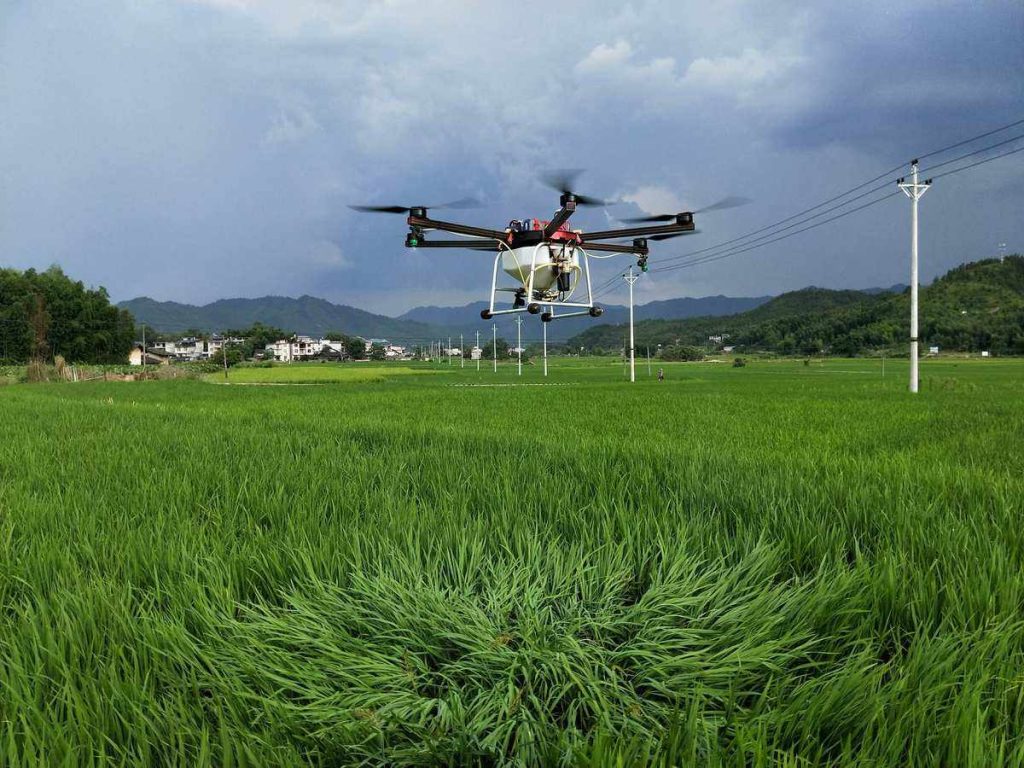Introduction: In our previous article, we explored how agricultural drones are revolutionizing farming with precision agriculture. In this article, we delve deeper into the various ways in which drones are enhancing crop management.
Real-time Crop Monitoring: One of the significant advantages of agricultural drones is their ability to provide real-time crop monitoring. With high-resolution cameras and sensors, they capture images and data that help farmers make timely decisions. Whether it’s detecting signs of water stress, nutrient deficiencies, or early pest infestations, drones enable quick and informed responses.
Variable Rate Technology (VRT): Drones are a key component in the adoption of Variable Rate Technology (VRT). VRT involves adjusting inputs like fertilizer and irrigation based on specific conditions within the field. Drones equipped with VRT technology can create prescription maps, allowing for precise application and resource management. This approach maximizes crop yields and minimizes waste.
Water Management: Effective water management is crucial in agriculture, especially in regions prone to drought. Drones with thermal cameras can detect variations in soil moisture and identify areas that require more or less irrigation. By optimizing water use, farmers can conserve this precious resource and reduce operational costs.
Crop Counting and Yield Prediction: Agricultural drones are also used for crop counting and yield prediction. By analyzing images captured during the growing season, they can estimate crop yields. This information is invaluable for planning harvest logistics, storage, and marketing.
Early Detection of Disease Outbreaks: The early detection of plant diseases is essential to prevent their spread and minimize crop loss. Drones equipped with advanced sensors can identify disease symptoms before they become visible to the human eye. This early warning system allows farmers to take action swiftly and reduce the impact of diseases.
Future Possibilities: As drone technology continues to advance, we can expect even more applications in crop management. Some researchers are exploring the use of artificial intelligence and machine learning algorithms to analyze drone-collected data and provide actionable insights to farmers. The future holds the promise of more autonomous drones that can perform tasks such as targeted spraying, weed control, and even pollination.
Conclusion: Agricultural drones are invaluable tools for crop management. They offer real-time insights, precise resource allocation, and early detection capabilities that contribute to healthier crops and improved yields. With ongoing technological advancements, drones are set to play an even more significant role in the future of agriculture.
Stay tuned for our next article, where we will explore the role of agricultural drones in sustainable farming practices.







Please sign in to comment
register